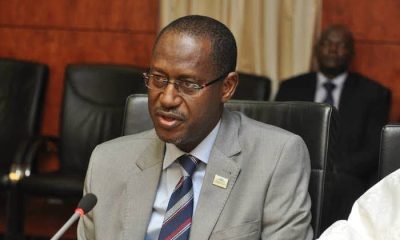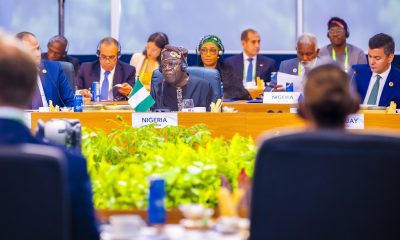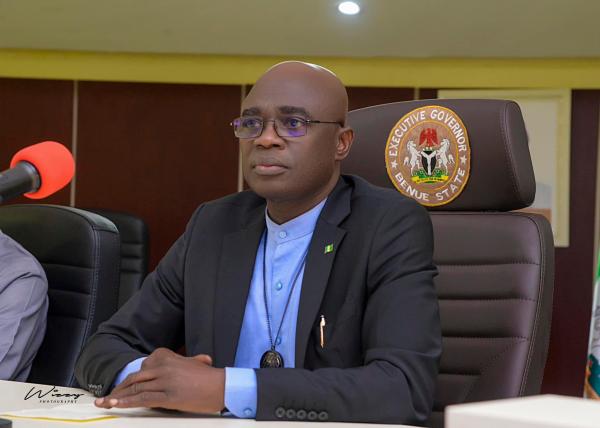National
Tinubu convenes Council of State meeting as Jonathan, Buhari physically attend
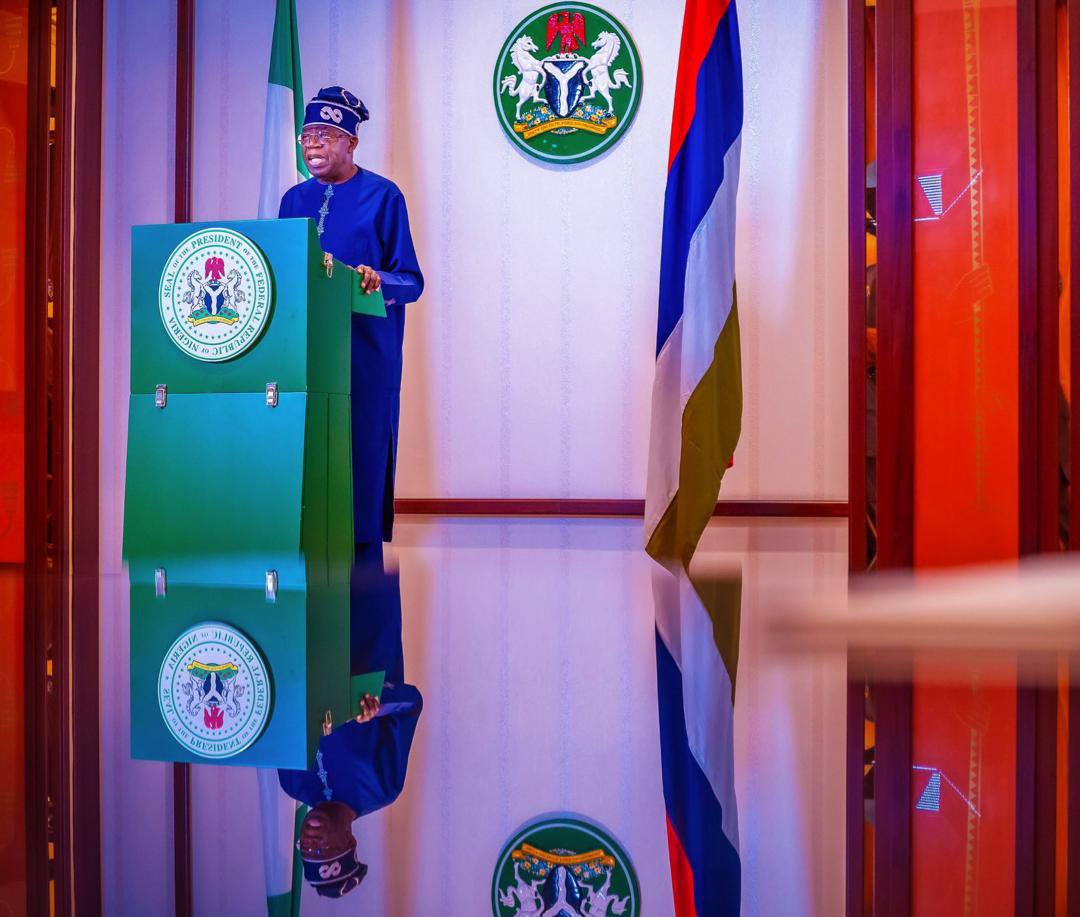
National
Survey shows 71% of households affected by food price hike
National
Reps reject bill seeking six-year single tenure for president, governors
National
NAFDAC alerts Nigerians on fake products
National
ICPC tracks N610 billion projects in 22 states
National
FG awards contracts for Calabar, Ebonyi, Benue, Kogi, Nasarawa, Abuja highways
National
Alia approves ₦75,000 minimum wage for Benue workers
-

 News9 hours ago
News9 hours agoEfe Ajagba Poised to Challenge Daniel Dubois for IBF Heavyweight Title
-

 Sports17 hours ago
Sports17 hours agoAMGA 2024: Tinubu charges military to address insecurity in Africa
-

 Education14 hours ago
Education14 hours agoWAEC bans 13 schools in Kogi for examination malpractices
-

 News18 hours ago
News18 hours agoTinubu should be blamed for PDP crisis – Sowunmi
-

 News14 hours ago
News14 hours agoEkpa, four others arrested in Finland for terrorism
-

 Metro14 hours ago
Metro14 hours agoJigawa tanker explosion claims 209 lives, injured 99 – Report
-

 News6 hours ago
News6 hours agoSimon Ekpa to be extradited to Nigeria – Defence
-
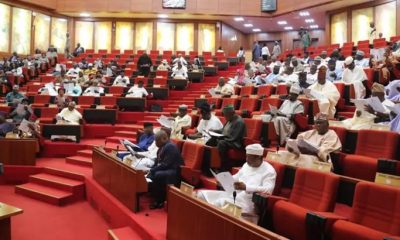
 National12 hours ago
National12 hours agoReps reject bill seeking six-year single tenure for president, governors
-

 Entertainment19 hours ago
Entertainment19 hours agoAfrican Military Games: Yemi Alade, Olamide, D’banj to Headline Opening Ceremony
-

 News19 hours ago
News19 hours agoNaira crashes against US Dollars








